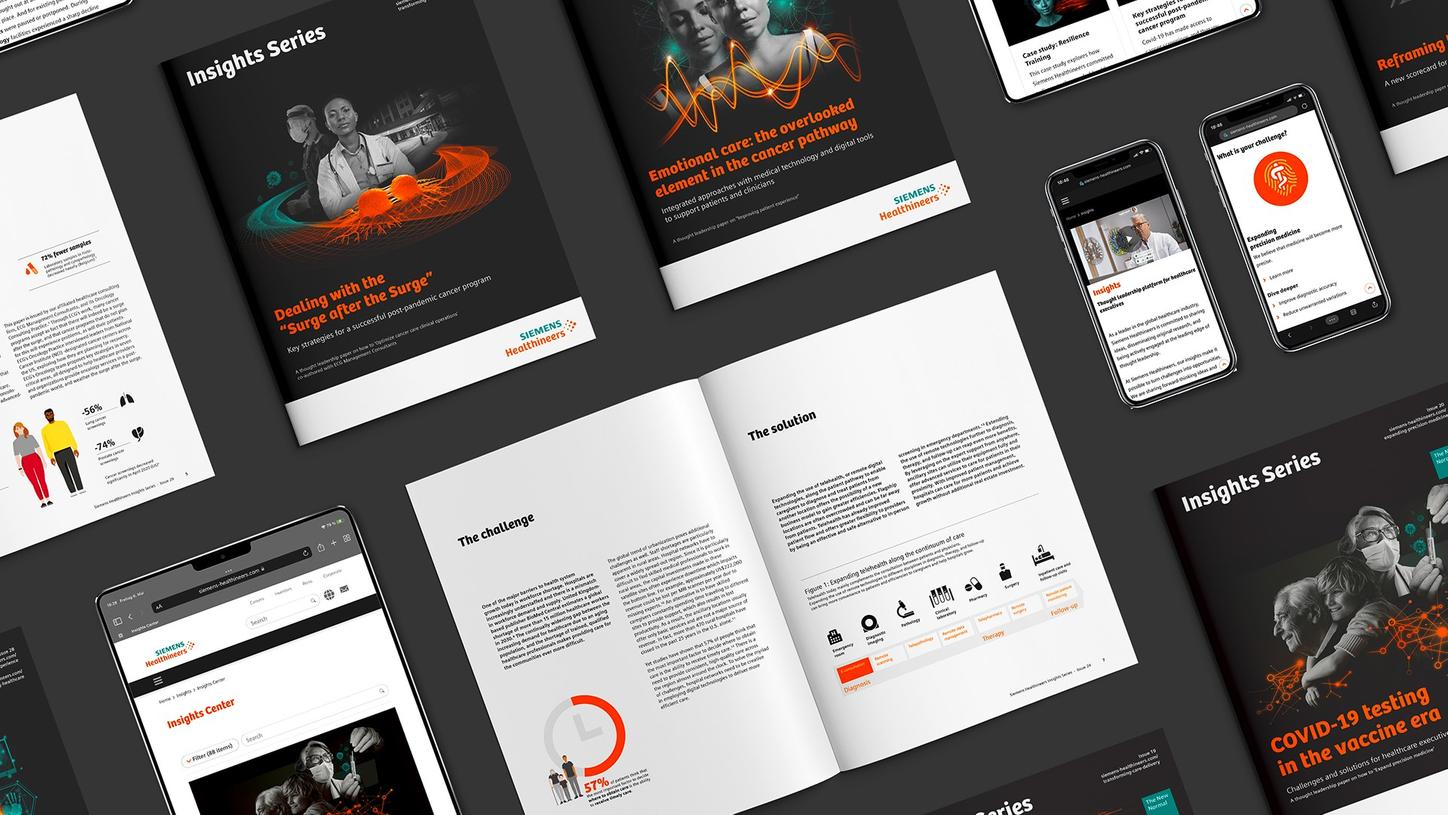Patient experience is increasingly becoming a principal focus of healthcare systems globally, not only for patients, but also as an essential business and strategic priority for healthcare leaders. Today, an organization’s success in improving patient experience can potentially affect its reputation, financial stability, and even health outcomes. Now more than ever before, with the pandemic having underlined the healthcare sector’s vulnerabilities, patients’ expectations, preferences and wishes have become instrumental to an elevated patient experience.
The 2018 Insights Series paper “A Blueprint for Setting up an Impactful Patient Experience Program” featured what was at the time a forward-looking and innovative set of proposals on how to improve the patient experience. Today, much of what was proposed in that paper appears insufficient and outdated, simply because the pandemic has so thoroughly upended the world’s understanding of what patients need and expect, effectively creating a new reality in healthcare.
That’s why this Insights Series, issue 27, “Reframing the patient Experience,” includes an updated analysis and a current review of the factors patients consider important in shaping the quality of their experience.
In co-creation with Jason A. Wolf, Ph.D., CPXP, President & CEO of The Beryl Institute, this paper emphasizes novel factors affecting the patient experience and also advances suggestions for patients’ growing awareness of their own significant influence over numerous aspects of their healthcare journey.
That emerging dynamic is reflected in an updated version of the “Patient Experience Scorecard” that has been included. This scorecard serves as a guide for healthcare leaders to assess and measure their performance on patient experience, and then to reprioritize their actions in alignment with the expectations of patients and care teams.
Find out the steps healthcare providers should consider taking to adapt their standards to a future in which patient experience is an integral, and in fact non-negotiable, healthcare priority.
This thought leadership paper is part of the Siemens Healthineers Insights Series. It provides ideas and practical solutions on 'Innovating personalized care', 'Achieving operational excellence' and 'Transforming the system of care'.
Key takeaways from the paper
- Healthcare providers must communicate in a way that patients are able to clearly understand medical terminology and procedures
- Providers should proactively ask questions, trying to understand also the emotional needs of patients and their families
- Providers have to offer a clear plan of and equal access to care for all patients
- Patients expect providers to communicate their diagnosis in a timely and understandable fashion while also focusing on their comfort. Every interaction should be seen as an opportunity to practice empathy, efficiency, and transparency.
- Technology should be patient-friendly and accessible in order to improve the efficacy and comfort of the diagnostic experience
- Patients who are pleased with their overall experience are more likely to engage in their treatment protocols
- Coordinated and well managed processes during and in between procedures while keeping patients well-informed based on a complete picture of their data will help keep patient satisfaction high and create better outcomes
- Cost, access, convenience and humanity are the most important factors when it comes to patient experience
- Trust between care teams and families forms the basis of sustained patient loyalty

Stay tuned with regular executive insights
Subscribe to discover thought-provoking ideas, gain practical solutions to
today’s most pressing healthcare challenges, and receive our Insights Series.



